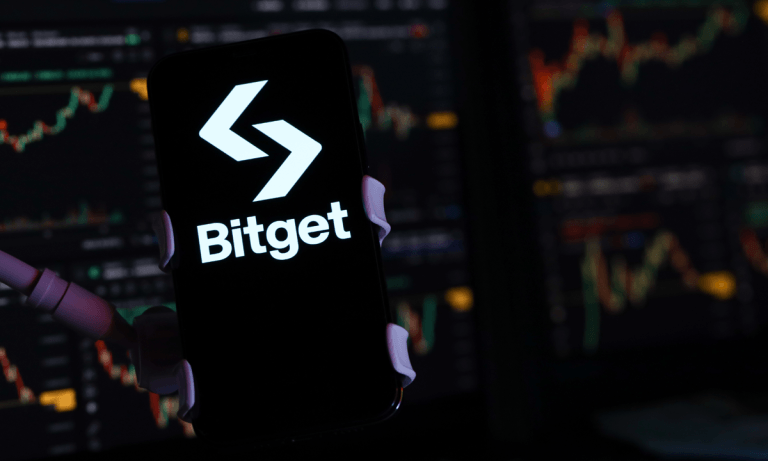
KYC is an important measure for crypto exchanges to protect and recover user funds in the case of theft or hacking, KuCoin CEO Johnny Lyu said.
Amid KuCoin exchange preparing to adopt mandatory Know Your Customer (KYC) checks, the company’s CEO argued that privacy is not the most important feature of Bitcoin (BTC).
“When it comes to the purpose of Bitcoin creation, I think privacy is just one of its features,” KuCoin CEO Johnny Lyu told Cointelegraph in an interview on July 4.
Instead of privacy, the core benefit of Bitcoin is a unit of exchange, which allows holders to hedge against recessions, Lyu hinted. The CEO mentioned that Bitcoin was created after the 2008 financial crisis, which was triggered by the United States subprime mortgage crisis. “These events led to the birth of Bitcoin,” Lyu noted.
While some may believe that overly strict KYC practices are not good for users as they may limit one’s privacy, the KuCoin CEO believes that such policies are more useful than not, as they improve the security of users’ funds.
“KYC is aimed to protect the assets of the public and to ensure that assets are protected on two different levels,” Lyu said, adding:
“The first level is ownership, so you know that the money is yours. And the second level is that you can actually track your assets in the case of theft. So if you lost your assets, we’ll be able to track the source and make sure the source is clean.”
The cryptocurrency industry will be increasingly interacting with the physical world, which is why compliance is necessary, KuCoin CEO went on to say.
“So in essence, in the whole development cycle of crypto, I would say that KYC, it is a stage that is inevitable and it is very healthy as well,” Lyu added.
KuCoin officially announced in late June that it would be introducing mandatory KYC checks for all new users on its platform starting from July 15, 2023. Without completing KYC, newly registered users will not be able to access KuCoin’s products and services. At the same time, existing non-KYC users will still be able to trade, but will be restricted from depositing new funds.
The new KYC restrictions at KuCoin are likely to affect the platform’s trading volumes in the short term, the CEO told Cointelegraph.
Related: Bitcoin no longer crypto of choice for illicit crypto activity: TRM Labs
“We understand that in the short run, as the rules become more stringent and strict to certain customers, some may leave,” Lyu said. However, KuCoin remains bullish on compliance on crypto exchanges in the long term, he added, stating:
“But in the long run, more compliant funds and users will enter this industry in the future, which is equivalent to opening the door for everyone better and making users more secure.”
According to KuCoin, the platform currently has 27 million users, which is a 35% increase from the number of users it had one year ago. Following the KYC upgrade announcement, KuCoin’s trading volumes significantly edged up from around $540 million to more than $660 million at the time of writing, according to data from CoinGecko.
Magazine: Web3 Gamer: Super Mario — Crypto Thief, Sega blockchain game, AI games rights fight











